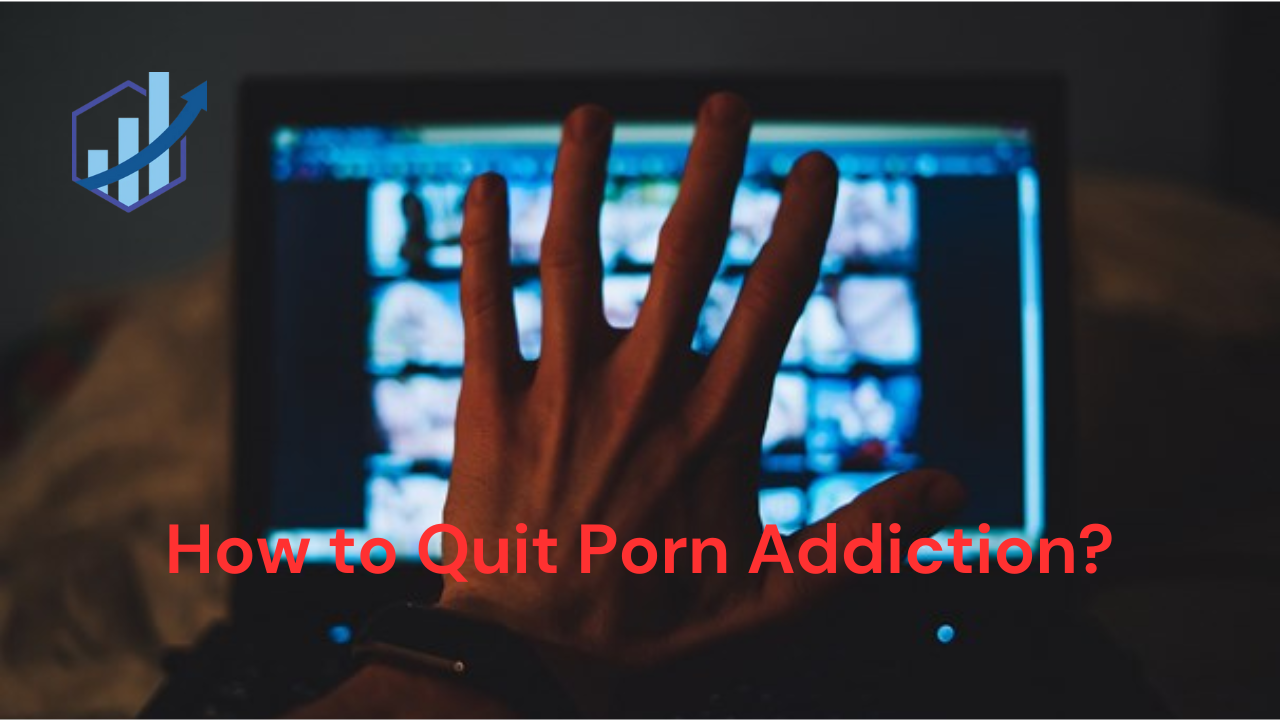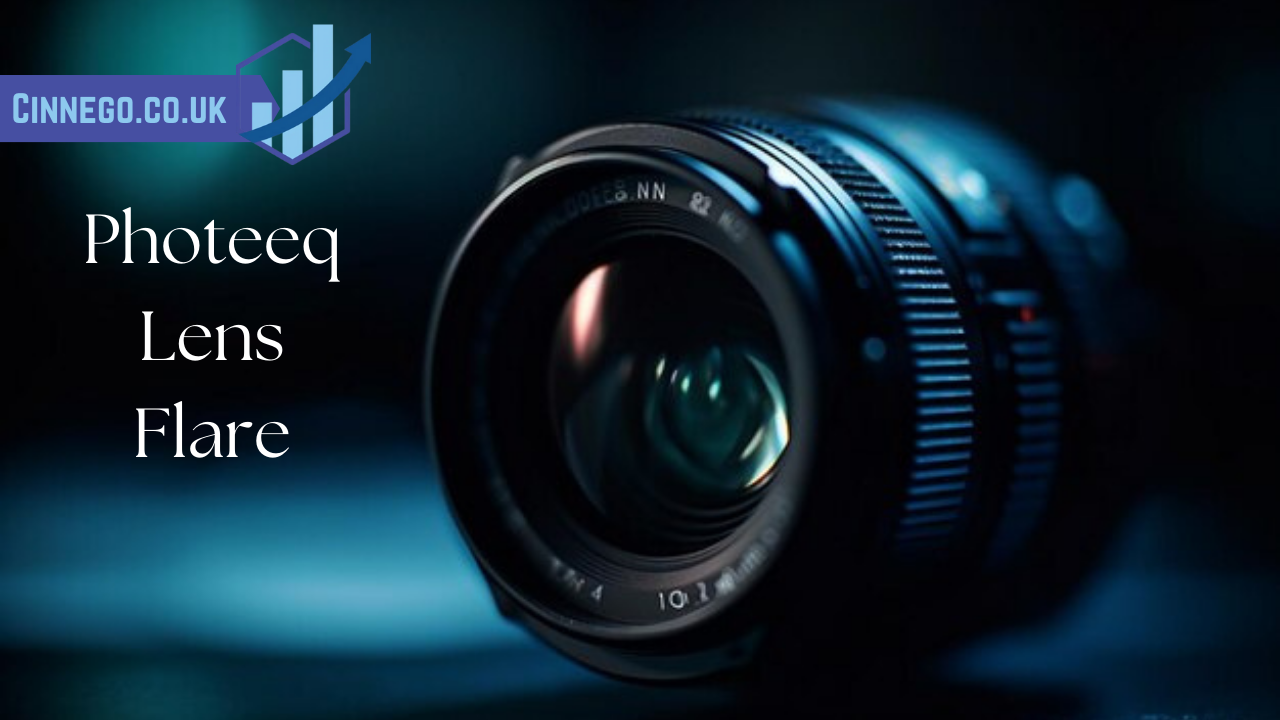Porn addiction is a growing concern that affects millions worldwide. This issue can lead to emotional distress, relationship problems, and a decline in mental well-being. Overcoming it requires dedication, strategic action, and support. In this comprehensive guide, we will discuss effective methods to quit porn addiction and reclaim control over your life.
Understanding Porn Addiction
Porn addiction develops when the brain becomes dependent on pornography for stimulation and satisfaction. It triggers the release of dopamine, a neurotransmitter responsible for pleasure, leading to repeated consumption and a reliance on pornographic content. Over time, this dependency can impair emotional regulation, interpersonal relationships, and productivity.
Signs You May Be Addicted to Porn
Recognizing the signs of porn addiction is crucial to seeking help. These may include:
- Preoccupation with consuming pornographic material.
- Difficulty controlling or stopping consumption.
- Escalation to more explicit or extreme content.
- Neglecting responsibilities due to time spent on pornography.
- Experiencing guilt or shame after use.
- Negative impact on relationships or sexual intimacy.
If these symptoms resonate with you, it’s time to take proactive steps toward recovery.
Why Quitting Porn Addiction Matters
Overcoming porn addiction is about regaining your mental, emotional, and social health. Key benefits include:
- Improved Relationships: Building deeper connections without interference from unrealistic depictions.
- Enhanced Focus: Boosting productivity and concentration at work or in studies.
- Better Mental Health: Reducing anxiety, guilt, and shame associated with consumption.
- Strengthened Self-Control: Reclaiming mastery over your impulses.
Steps to Quit Porn Addiction
Acknowledge the Problem
The first step to overcoming any addiction is acknowledging it exists. Accept that porn addiction is a challenge in your life and commit to making a change.
Identify Your Triggers
Triggers often lead to addictive behavior. Common triggers include stress, loneliness, boredom, and specific environments. Keep a journal to identify situations or emotions that drive you to consume pornography.
Create a Structured Plan
A well-thought-out plan increases your chances of success. Include goals, timelines, and strategies such as:
- Setting specific objectives (e.g., reducing consumption gradually).
- Incorporating healthier habits into your routine.
- Scheduling regular check-ins to monitor progress.
Limit Access to Pornography
Make it harder to access pornographic material. You can:
- Install web blockers and filters on devices.
- Avoid environments or situations where you’re likely to indulge.
- Dispose of physical pornographic materials if applicable.
Replace Porn Consumption with Healthy Activities
Replacing harmful habits with constructive ones is key to recovery. Engage in activities that occupy your mind and enhance your well-being, such as:
- Exercise: Physical activity boosts endorphins, reducing stress and cravings.
- Hobbies: Rediscover interests like art, music, reading, or sports.
- Meditation: Practice mindfulness to manage urges and emotions.
Seek Professional Help
Therapists and counselors specializing in addiction can provide personalized support and guidance. Consider therapy options such as:
- Cognitive Behavioral Therapy (CBT): Effective in identifying and altering negative thought patterns.
- Support Groups: Join communities of individuals overcoming similar struggles for mutual encouragement.
Build a Support Network
Share your journey with trusted friends or family members. Their encouragement can motivate you to stay committed. If you’re uncomfortable sharing with loved ones, online forums and groups focused on porn addiction recovery can offer anonymity and understanding.
Practice Self-Compassion
Recovery is a journey that involves setbacks. Be kind to yourself when progress feels slow. Celebrate small victories and remember that overcoming addiction is a process.
How to Maintain a Porn-Free Life
After quitting porn, maintaining your progress is essential. Here’s how to stay on track:
Develop a Strong Routine
Structure your days to minimize idle time and reduce the chances of relapse. Include activities like regular exercise, meal preparation, and consistent sleep schedules.
Monitor Your Mental Health
Keep track of your emotional well-being. If you feel anxious or overwhelmed, address these feelings promptly to avoid falling back into old habits.
Regularly Reflect on Your Journey
Journal about your progress and how far you’ve come. This reflection reinforces your commitment and helps you identify any areas that may need additional focus.
Stay Informed
Educate yourself about addiction and recovery through books, podcasts, and articles. Awareness equips you with tools to navigate challenges.
The Role of Accountability
Accountability ensures you stay committed to your goals. Share updates with a trusted individual or use apps designed to track your progress. Being transparent about your journey fosters responsibility and reduces the likelihood of relapse.
Final Thoughts
Quitting porn addiction is a transformative process that demands effort and perseverance. By taking proactive steps, seeking support, and replacing harmful habits with positive ones, you can reclaim control over your life and build a healthier, more fulfilling future.
ALSO READ> Bhad Bhabie OnlyFans: Exploring Her Success on the Platform











